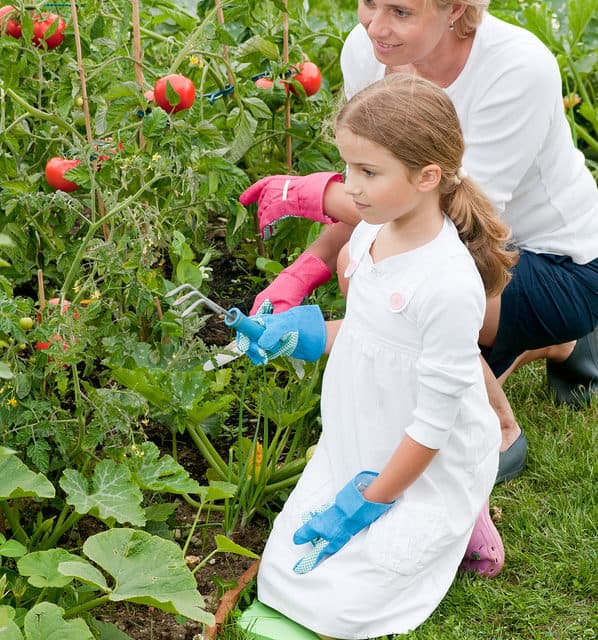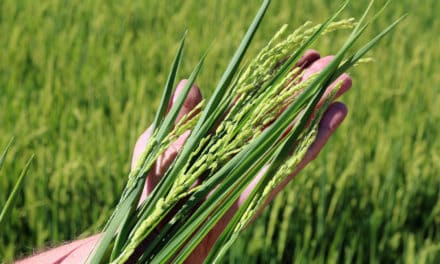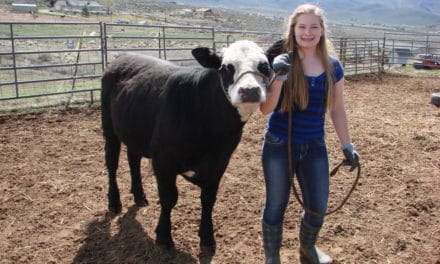by Jamie Huynh Member Services Coordinator, Quincy Natural Foods Cooperative
[media-credit name=”bigstockphoto.com” align=”alignleft” width=”300″]
[/media-credit]Shopping trips can be fraught with uncertainty about how to support “stellar companies,” those that provide good food and good practices. Here are a few elements to consider when purchasing.
Local – With a seasonal abundance of fresh produce we can enjoy the flavors of fresh picked tomatoes all summer long. But what to do in the colder months? Some folks preserve (can, dry, freeze) the harvest in anticipation while others eat a seasonal diet which relies on cold-hardy greens and tubers through the winter.
Food Miles – This misleading aspect requires a little more effort to discern the best product. Apples from Washington sometimes travel more food miles than those from New Zealand! This is because food miles are subject to distribution routes so an apple from Washington may have come via Colorado, Los Angeles and San Francisco.
GMO Free or Non-GMO – This is a new certification available to identify products containing no genetically modified ingredients. Genetically modified organisms are experimental plants or animals that have been genetically engineered in a laboratory with DNA from other plants, animals, bacteria and viruses. Concern arises from the lack of testing and, thus, the unknown risks and effects of GMOs on humans. Some say that GMOs may increase antibiotic resistance and create new allergen issues. Scientists are finding the insecticide from Genetically Engineered corn in our bloodstream, including in the umbilical cords of pregnant women.
Organic – According to the USDA organic standards, “synthetic fertilizers, sewage sludge, irradiation, and genetic engineering may not be used.” Smaller companies can’t always afford to become certified organic so ask your local farmers and producers about their practices or, better yet, volunteer for a day to see what they do.
Company practices – While not so readily apparent, this information can be obtained by asking a department manager, looking online and sometimes by reading the product label. Examples of stellar company practices include Stonyfield’s successful efforts to eliminate high fructose corn syrup in parent company Yoplait’s products.
Regional – We certainly won’t be enjoying any local ocean fish up here but Quincy Natural Foods Cooperative is excited to carry regional seafood from Alcatraz Bay Seafoods. Seasonal, line caught salmon, rock fish and other varieties come in fresh frozen for our dining pleasure.
Many natural food stores try to keep products that exemplify these ideals on their shelves but they need your help. Purchasing higher quality products, such as the non-GMO Cabo corn chips, helps determine what stays on the shelves. Keep in mind that you prioritize what matters both financially and with your time. So enjoy your food, mouth and mind.
sources: http://www.
centerforfoodsafety.org/ campaign/genetically- engineered-food/crops/, http:/ /justlabelit.org/
http://www.care2.com/greenliving/what-are-gmos- infographic.html
http://www.nongmoproject.org/












